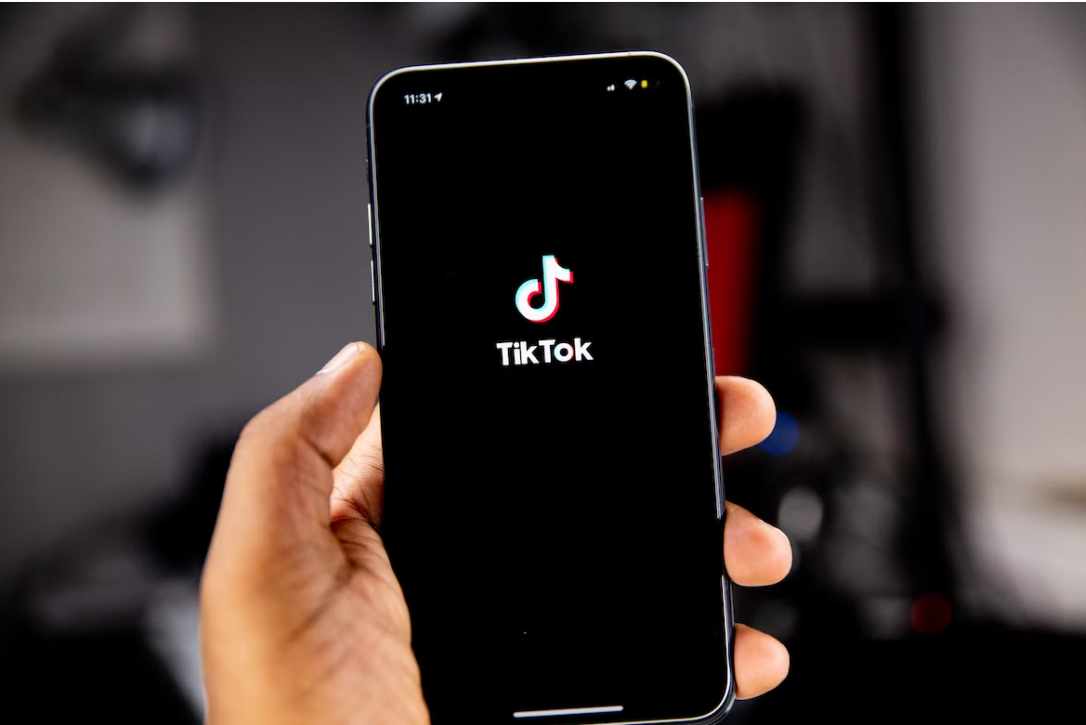As the first law of its kind in the country, Montana Governor Greg Gianforte signed a bill that bans TikTok use within the state. The legislation, SB 419, forbids TikTok from operating “within the territorial jurisdiction of Montana” and orders mobile app stores to remove the app from the Montanans’ access list.
Also Read: Derry, New Hampshire shooting: Police respond to reports near Lobster Claw II restaurant
“To protect Montanans’ personal and private data from the Chinese Communist Party, I have banned TikTok in Montana,” Gianforte wrote in a tweet.
Also Read: Who is Sukhcharn Singh? New York City cab driver speaks about Prince Harry, Meghan Markle car crash
In a response to the ban, TikTok spokesperson Brooke Oberwetter posted a statement on Twitter which said “Governor Gianforte has signed a bill that infringes on the First Amendment rights of the people of #Montana by unlawfully banning #TikTok, a platform that empowers hundreds of thousands of people across the state. We want to reassure Montanans that they can continue using TikTok to express themselves, earn a living, and find community as we continue working to defend the rights of our users inside and outside of Montana.”
Although it’s unclear how the ban will be carried out or what will happen to users who download the app before it is outlawed, TikTok users will not be subject to punishment or fines under the law.
The main legal objections to the proposal relate to free speech issues and the idea that banning the app would violate the First Amendment. Lawyers have stated that it is likely that the courts would favour TikTok since discussions of a possible ban in the U.S. have started, but supporters of the Montana bill believe that national safety concerns take precedence, according to the Wall Street Journal.
In December 2022, Montana had outlawed downloading or using the app on equipment owned by the government after Governor Gianforte claimed it posed a “significant risk” to state data.







